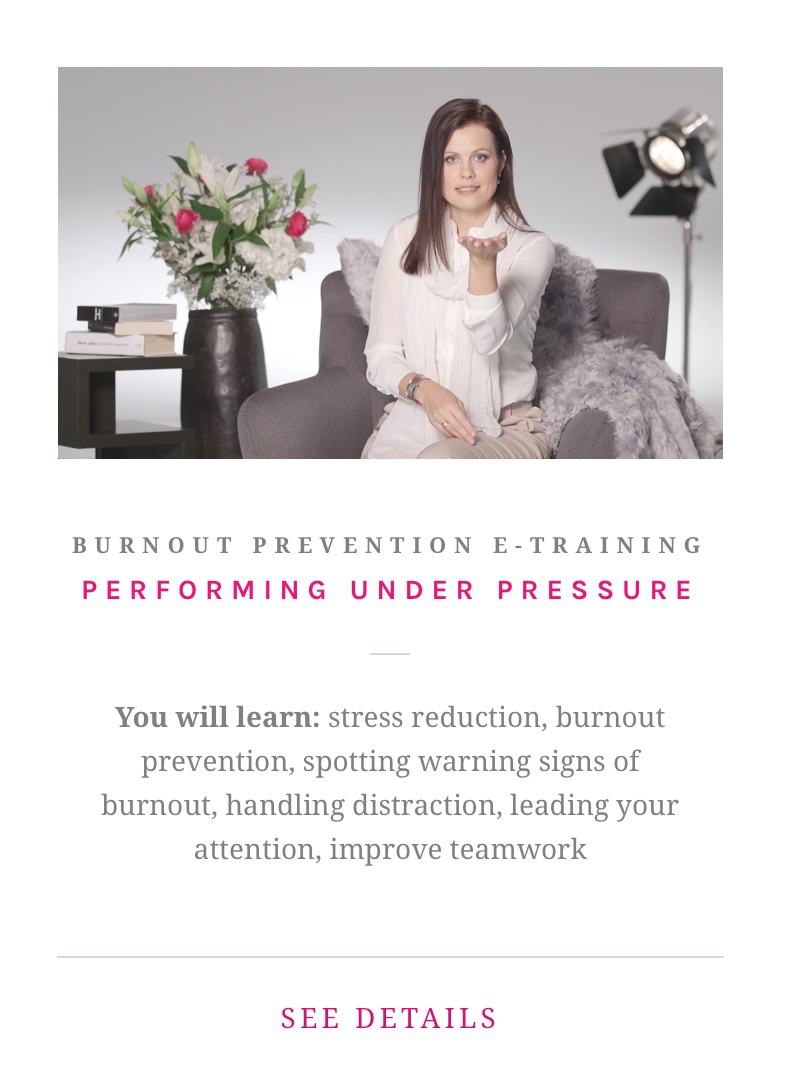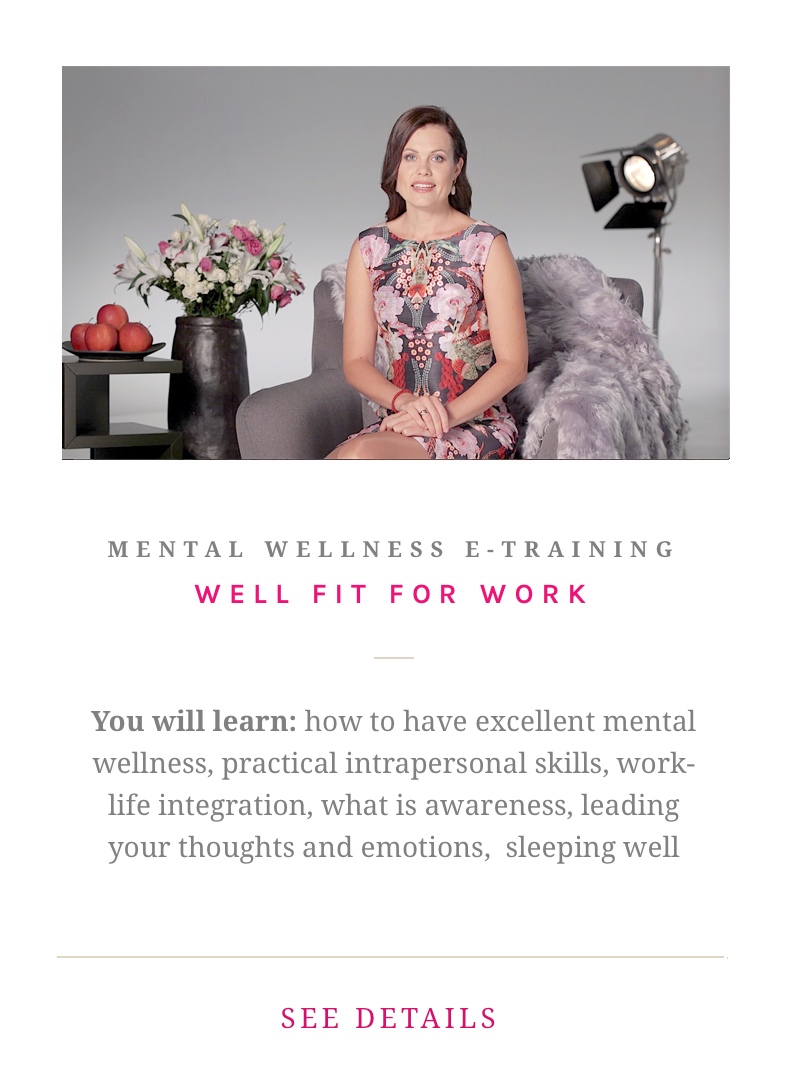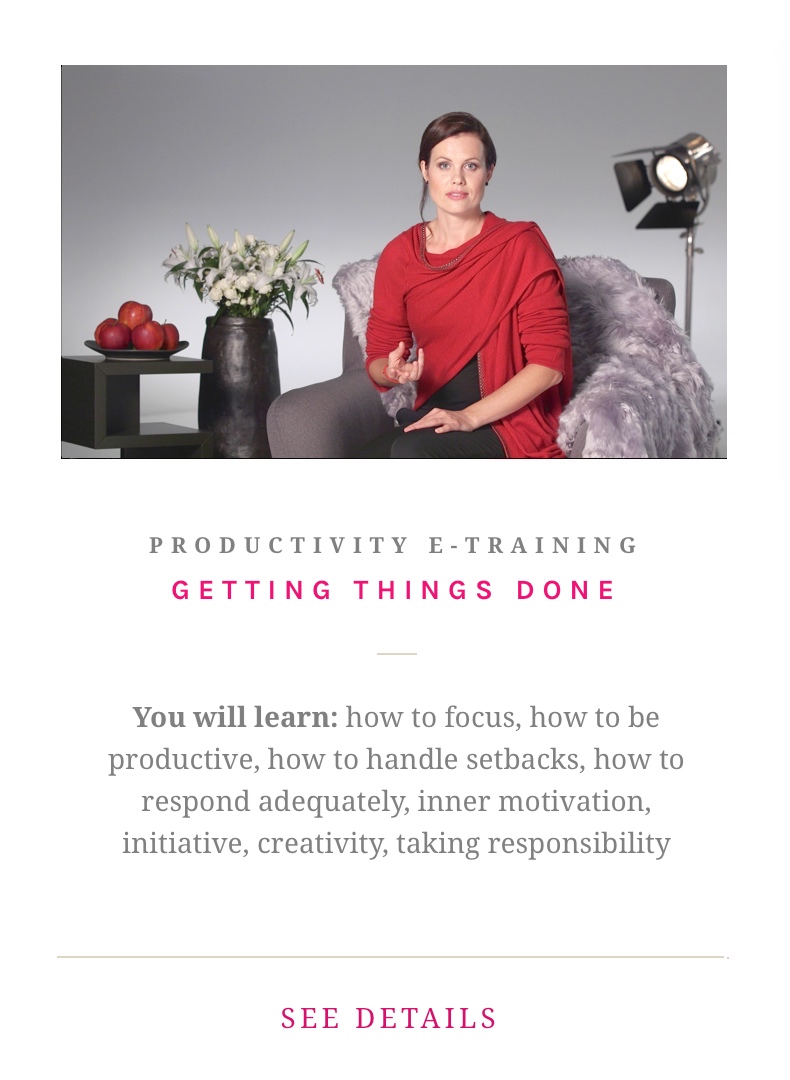Boost mental wellness by managing stress and anxiety at work
In today's fast-paced world, worry stress and anxiety have become all too common.
While positive stress or eustress is ordinarily seen in our society as beneficial in moderate amounts, excessive eustress levels lead to burnout more often than negative stress.
When stress becomes chronic it always has detrimental effects on our physical and mental health.
Reducing all forms of stress and becoming more conscious and self-aware is essential for a healthier and more fulfilling life.
Understanding Eustress and Distress
Eustress represents the positive form of stress that initially can motivate and empower us and thus many studies consider such a form of stress good.
Eustress occurs when we encounter challenges that we perceive as manageable and experience enthusiastic inner reactions that initially inspire and motivate us to act more and faster.
The initial wave of positive stress can enhance our focus and even increase our performance, leading to short-lived personal growth improvements from temporary adrenaline rushes. It often accompanies thrilling work-related events, such as getting a new job or promotion or starting a challenging project.
The bad news is, when you don't pause and rest and know how to replace your own automatic inner reactivity with an aware response, you will burn out your adrenal glands and get depleted. This is valid for every person and you are not an exception to the rule.
Achieving good work results without restoring your inner peace never works. So, calming your mind and allowing yourself moments of pause is truly significant. It's essential to embrace these practices proactively, well before burnout compels you to do so.
Distress is the negative form of stress that arises when we feel overwhelmed and unable to cope with a situation. In this sense, negative stress acts as a warning sign and often arrives with continuous waves of worry and feelings of anxiousness.
Distress will typically cause a range of physical and psychological problems, including burnout that often in the last stage turns into depression and other chronic health conditions, like anxiety disorders, etc.
Advice for managing stress and anxiety at work
It is crucial to know your stress level and recognize the evident signs of any kind of stress and take steps to manage it effectively.
Next, we provide you with some practical hints for reducing stress and anxiety. Share those with your colleagues and friends.
Identify stressors
By identifying the external sources of your stress and anxiousness, you can either find ways to remove those stressors or acknowledge their existence and overcome them by learning intrapersonal skills that make you less reactive.
External stressors often involve conditions that you may be able to change. For example, you can reduce noise sources in the office (switch off the TV and radio, move loud printers and devices into a separate room).
On a personal level, you can refuse to accept interrupting phone calls when you need to focus at work. Remember, your phone has both 'airplane mode' and 'silent mode' and it is even possible to switch it off! If you prefer to be less radical, simply turn off screen notifications (including the ones on your smartwatch).
Also, when financial concerns or health-related issues become serious, you need to make decisions. For example, ask or seek help, dare to say 'No' to things when your calendar is full, reduce your responsibilities wisely, take time to rest, etc. If needed, change your work and lifestyle patterns. Proactivity is far better than reactivity.
Only some distracting stressors are easy to eliminate and it's essential to acknowledge that numerous external stressors lie beyond your control, such as the global economic situation leading to layoffs or the actions of others
However, when work-related challenges and stressors constantly overwhelm you and interpersonal relationships become toxic, stress becomes hard to deal with.
More efficient than pinpointing external stressors that hinder your work, is to train your mind to become more resilient.
For a healthy mind, all external stressors have less influence than for a worried and anxious mind. That is why securing mental wellness matters.
Train inner calmness and become more present
Intrapersonal skills improve self-leadership and lead to more inner calmness. Some mindfulness techniques, such as noticing your breathing and calming down can help you stay grounded in the present moment and reduce anxiousness, worry and momentary stress.
Taking regular mind health training practice is here the best option, as it can increase your ability to manage stress and prevent burnout and anxiety.
|
Establish more aware and healthy patterns and lifestyle choices
Establishing a structured daily schedule and making aware choices to keep it, despite interruptions and distractions around you can provide a sense of stability and predictability, reducing the uncertainty that often fuels anxiety.
Prioritize self-care activities and book time for rest into your daily schedule. Include time for systematic mental wellness training and physical exercise, secure time for adequate sleep and keeping healthy eating patterns that preferably include homemade meals from local (organic) food sources.
Reduce your consumption of stimulants like caffeine and nicotine, as they can exacerbate anxiety symptoms. Opt for organic high-quality herbal teas and remember to drink water to stay hydrated.
While a glass of wine with friends or a beer after a sauna can be relaxing, daily consumption of alcohol inevitably produces more problems than it solves.
For good brain health, it is sensible to avoid recreational drugs that take away your self-control.
To avoid arriving to burnout faster skip adrenal rushing extreme sports (unless you are a trained professional who doesn't do it for adrenal rush) and avoid extreme short-time fun (Benji jumping, alcohol, recreational drugs, etc.). Why? Those boost your body to use up depleting adrenaline resources faster, hence making you arrive at the final stages of burnout faster.
Embrace regular physical activity. Regular walks, bicycle rides, jogging, going to the gym or swimming pool or other exercises act as natural stress relievers. Engaging in physical activity releases endorphins, which are mood-boosting hormones that combat anxiety. Walking in silent wild nature calms you down and allows you to tune into inner silence.

Know your vision and set realistic goals
Keep your long-term aims in mind and don't overwhelm yourself with unrealistic expectations. All big changes and projects take time, often more than expected as there are unexpected small failures and obstacles due to your lack of knowledge.
Dare to fail and learn from those failures and after a restoring short break figure out how to move on. No failure is fatal until you refuse to give up.
Break down your goals into smaller, manageable tasks. Achieving these smaller milestones can build up your confidence and consequently reduce inner reactivity that causes stress in the first place.
Above all, find work and life patterns that satisfy you. It is your life and your rules. Remember, intrapersonal skills based life-work integration allows you to reduce stress and work efficiently while also finding time for family and relaxation.
Most work in today's world isn't any longer a full-day factory line routine. Be creative, talking to kids when they call can be a refreshing break. And vice versa, writing down a brilliant idea or article structure while at home can give you freedom from thinking about it until back to the office.
Conclusion
Reducing both eustress and distress is in essence the key to preventing burnout and keeping anxiety disorders away from you.
By understanding the different stress development patterns and phases of burnout and implementing strategies to reduce inner reactivity that causes you can improve your overall well-being.
Remember that a stress-free life demands learning intrapersonal skills. Stress shouldn't be seen as an inevitable part of life, but a result of inner reactivity that comes from lacking aware self-observation and conscious self-regulation.
Intrapersonal skills can become your efficient inner tools and support mechanisms that allow you to navigate all challenges successfully and lead a happier, more fulfilling life.

This blog post is provided by Kaur Lass.



.jpg)


